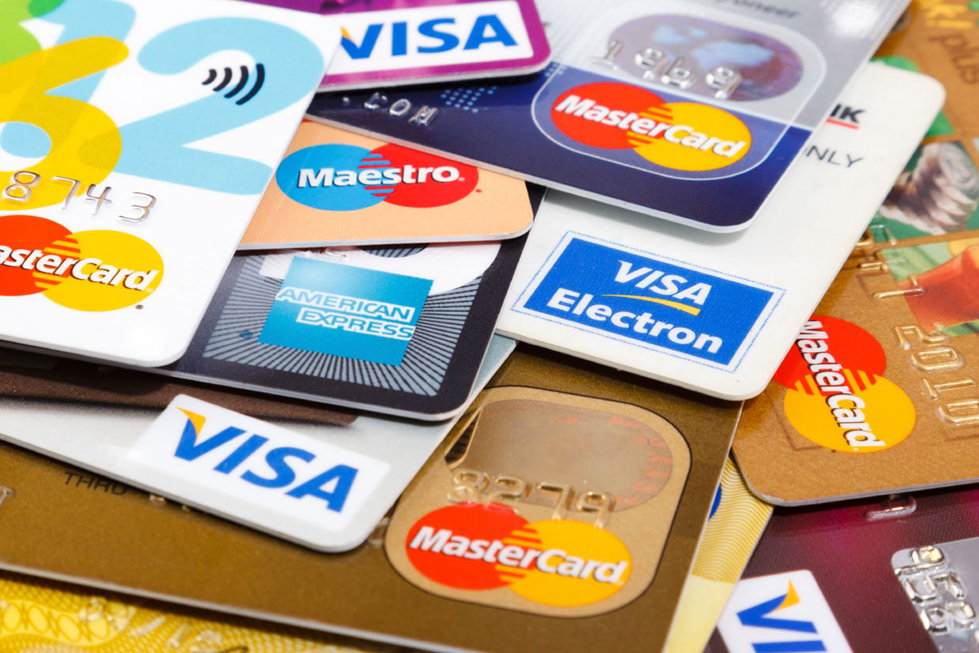7 Tips to Quickly Improve Your Credit Score
There is a direct link between higher credit scores and lower mortgage rates. So keeping your credit score at its healthiest will help your mortgage broker approve you faster, and at the lowest rate mortgage possible. These quick 7 tips will help make boosting your credit score to its highest potential a breeze.

1. Have at least 2 credit lines. This could include lines of credit or credit cards. Multiple credit lines show the credit rating agency ‘Equifax’ that you are responsible for a diversified credit portfolio. But beware – too many credit lines credit cards/lines will hurt your score. Although there is not set number for too many credit lines – keeping it under 5 is a safe bet.
2. Have a credit limit of $2500 or higher on each credit line/ credit card. Credit limits of less than $2500 do not show the credit reporting agencies that you can be credit responsible with larger amounts of money. The higher the limit you can prove to be responsible with, the higher your score can potentially be. Just don’t confuse ‘credit limit’ with ‘credit balance’ which we will discuss just below.
3. Keep your credit balance less than 50% of the limit. For example – if your credit limit available is $5000 try to ensure that your balance – the amount of money owed on the card, is kept under $2500. As your credit balance moves over 50% of the limit, this can easily lower your score. At an extreme, a credit balance owing that is over the limit can drastically lower your credit score.
4. Make your minimum payments on time – every time. The main factor in determining your credit score is your payment history. Be sure to always make at least the minimum payment to keep your score at its highest.
5. Hold on to credit accounts for as long as possible. The longer your credit card account is in operation for, the higher your score will be. If you are in the habit of canceling or switching cards once every few years, this can limit your score. Be sure to keep the same account if switching card packages at the same company. If seeking a higher credit limit, use the same card that you have a longer history with as opposed to applying for a new card. This will reflect much more favourably on your credit report and in the eyes of mortgage brokers looking to help approve you for the lowest rates.
6. Make sure you are using the card. Mortgage customers are sometimes shocked that they have no credit score, even though they have had a credit card with a high limit for many years. If the card is not used, even sparingly, then your credit score can completely disappear. A tip is to use the card just for gas and groceries and then to pay the bill, free of interest, each month. This will ensure an excellent credit score at no expense.
7. Be responsible and keep credit in check. With points based and ‘low-interest rate’ credit cards becoming more popular, it is easy to let credit card balances grow. This can be a slippery slope that builds up quietly over time. For many, a problem isn’t realized before it’s too late. So always keep your credit card debt under control, or non-existent. A credit card is never a good idea as an emergency fund. It’s never a good idea to place vacations, restaurant, and other leisure activities on a card that can’t be paid off in that month. Like diet, how we handle our credit can benefit us immensely or harm us indefinitely.
For any more questions on credit, how it works or how it can be improved – call me anytime for a free no obligation, confidential conversation. Brent Richardson, Certified Financial Planner (CFP) 519-568-3377 – brent@altrua.ca.

